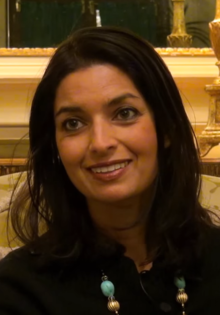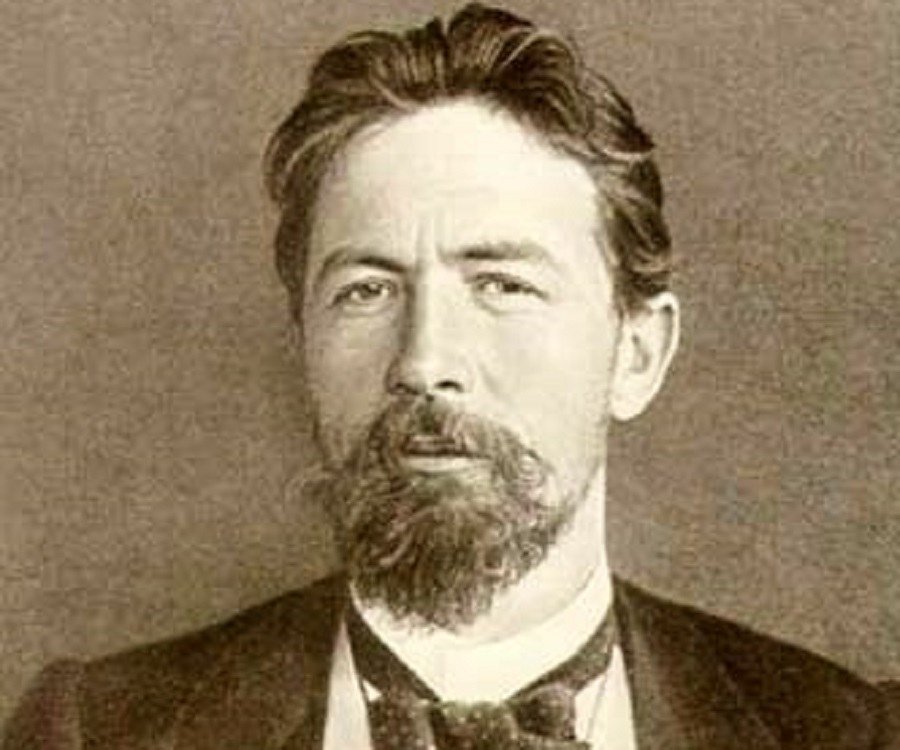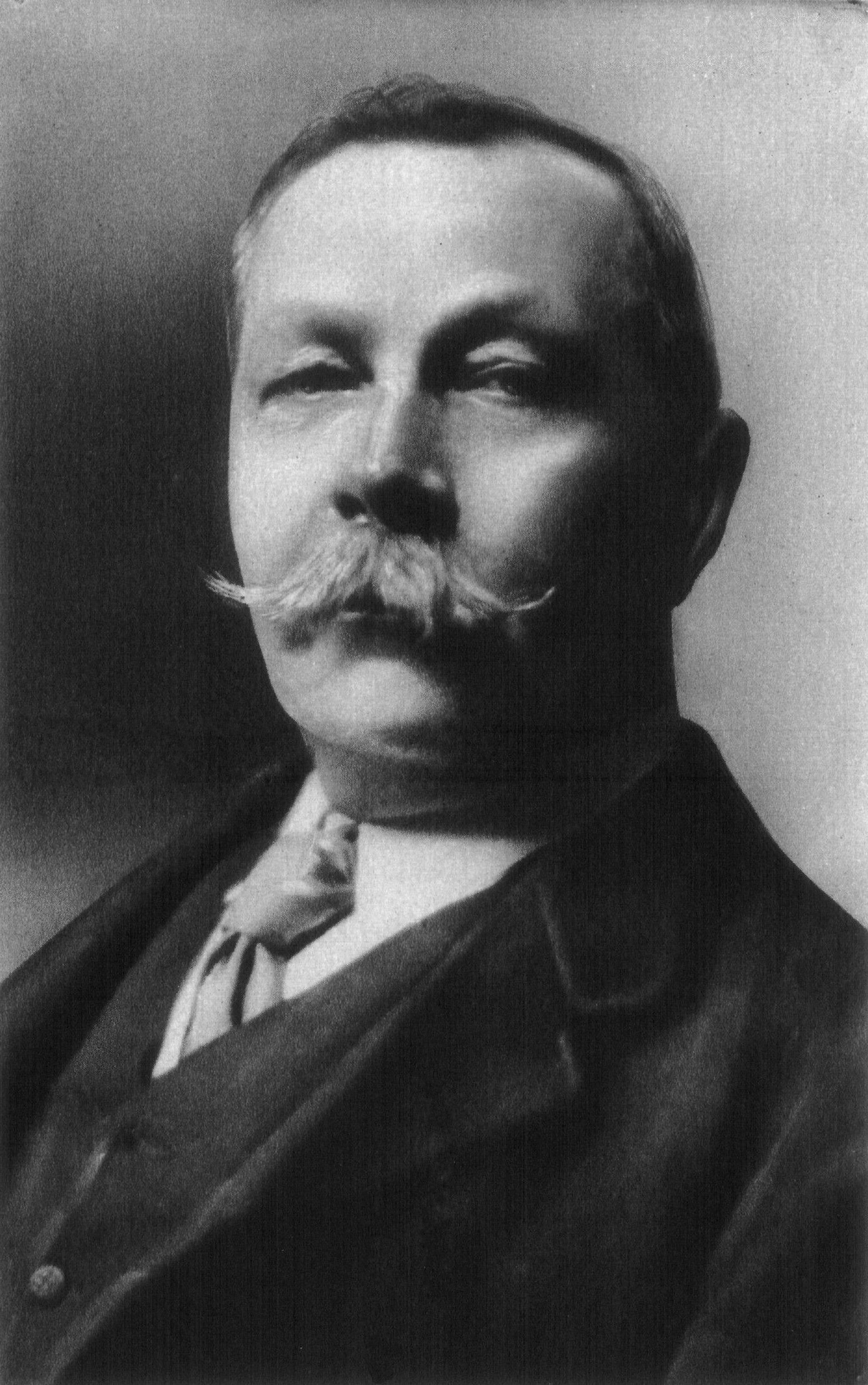Today being Personal Chef’s Day, we browsed through a couple of books that chefs would benefit greatly from. Some of the books on the list are from the Pothi.com Store too- we have a great many titles under the cooking category at the store.
When we interviewed Bridget White-Kumar, author of several cookbooks, we asked her about some pointers while writing a cookbook.
“Writing a recipe book isn’t easy,” she said. “A lot of hard work goes into it since one has to get the recipe right after many, many trials and errors. Once a recipe is written, it will be the guide to be followed by many. Only when one has mastered the dish, can a foolproof recipe be written.”
Cookbooks to Nibble on:
 Mastering the Pakodas: The Snack for all Seasons by Sangeeta Khanna
Mastering the Pakodas: The Snack for all Seasons by Sangeeta Khanna
Come monsoon and there is the desire to indulge in pakodas and adrak (ginger) chai. The author of Mastering the Pakodas is a botanist and microbiologist and a hardcore home-made food believer.
 An Indian Sense of Salad by Tara Deshpande Tennebaum
An Indian Sense of Salad by Tara Deshpande Tennebaum
Many of us see salads as a purely Western concept but the local produce in India offers a green mine when it comes to potential salad ingredients. Tennebaum deconstructs the Indian vegetable and adds a splash of additional nutrition to the Indian meal.
![The Dal Cookbook by [Krishna Dutta]](https://i2.wp.com/m.media-amazon.com/images/I/51B27ldkdcL.jpg?resize=147%2C208&ssl=1) The Dal Cookbook by Krishna Dutta
The Dal Cookbook by Krishna Dutta
Dal is the staple diet of most Indians. Krishna Dutta examines the different dishes where lentils can be used including khichari, dosas, vadas, pappadam.
This book is an exhaustive compendium of cooking styles from across India. Feast on curries, appetizers, traditional cuisines, biryanis, breads, blends, you name it.
![Madhur Jaffrey's Curry Nation by [Madhur Jaffrey]](https://i1.wp.com/m.media-amazon.com/images/I/61vNo5-bXGL.jpg?resize=158%2C202&ssl=1) Quick & Easy Indian Cooking by Madhur Jaffrey
Quick & Easy Indian Cooking by Madhur Jaffrey
70 easy-to-prepare recipes by India’s favorite cook Madhur Jaffrey. Her recipes are great for newbies too. Watch Madhur Jaffrey talk about Indian cuisine and the history of Indian cooking here.
Cookbooks at the Pothi.com store
 Indian Grandmas’ Secret Recipes
Indian Grandmas’ Secret Recipes
25 vegetarian recipes by 16 cooks in the age range of 70-95. The recipes span different parts of India.
 Amader Barir Khawa Dawa: Bengali Recipes From My Mother’s Kitchen by Ratna Mukherjee
Amader Barir Khawa Dawa: Bengali Recipes From My Mother’s Kitchen by Ratna Mukherjee
The author collects a 100 of her mother’s incredible recipes of traditional Bengali dishes- day-to-day fare and festive occasions.
 Anglo-Indian Delicacies by Bridget White-Kumar
Anglo-Indian Delicacies by Bridget White-Kumar
An easy and unpretentious guide to delectable Anglo-Indian Cuisine. The author has won the ‘Best Culinary History Book’ awarded by Gourmand International Spain, World Cookbook awards, 2012.
Which cookbooks have you indulged in? Do mention in the comments.

![660 Curries by [Raghavan Iyer]](https://i1.wp.com/m.media-amazon.com/images/I/61FuRA8AAAL.jpg?resize=184%2C210&ssl=1)








 One contemporary of the writer Mulk Raj Anand we know little about is a writer who was born on this day in a village in Karnataka – Manohar Malgonkar. He donned many roles-army officer rising to the rank of Lieutenant-Colonel, columnist, civil servant, game hunter, mine owner at Jagalbet and farmer.
One contemporary of the writer Mulk Raj Anand we know little about is a writer who was born on this day in a village in Karnataka – Manohar Malgonkar. He donned many roles-army officer rising to the rank of Lieutenant-Colonel, columnist, civil servant, game hunter, mine owner at Jagalbet and farmer. Amitav Ghosh’s education spans from Dehradun to Oxford. For a short time he worked at The Indian Express and it was while he was studying at Oxford that he wrote his first book The Circle of Reason. From then, his writing career blossomed and his books have been translated into over twenty languages. Almost every book he has penned has won an award. He is probably the first cli-fi writer India has produced- his fascination for the sea, human history and migration make his novels complex, educational and must-reads. Ghosh’s writing veers on the non-fictional even when he writes fiction. A book that many readers I have spoken to love is
Amitav Ghosh’s education spans from Dehradun to Oxford. For a short time he worked at The Indian Express and it was while he was studying at Oxford that he wrote his first book The Circle of Reason. From then, his writing career blossomed and his books have been translated into over twenty languages. Almost every book he has penned has won an award. He is probably the first cli-fi writer India has produced- his fascination for the sea, human history and migration make his novels complex, educational and must-reads. Ghosh’s writing veers on the non-fictional even when he writes fiction. A book that many readers I have spoken to love is 


 The House of Blue Mangoes by David Davidar
The House of Blue Mangoes by David Davidar

 Climbing the Mango Trees: A Memoir of a Childhood in India by Madhur Jaffrey
Climbing the Mango Trees: A Memoir of a Childhood in India by Madhur Jaffrey![Monique and the Mango Rains: An Extraordinary Story of Friendship in a Midwife's House in Mali by [Kris Holloway]](https://i1.wp.com/m.media-amazon.com/images/I/51nDA0lMjrL.jpg?resize=133%2C201&ssl=1) Monique and the Mango Rains: Two Years with a Midwife in Mali
Monique and the Mango Rains: Two Years with a Midwife in Mali![The Mango Season by [Amulya Malladi]](https://i0.wp.com/m.media-amazon.com/images/I/51f1sil2FeL.jpg?resize=120%2C192&ssl=1) The Mango Season by Amulya Malladi
The Mango Season by Amulya Malladi










 Khaled Hosseini began writing
Khaled Hosseini began writing  If there’s one writer who was incessantly worried about a pandemic-like situation, it’s medical thriller writer and physician Robin Cook. His character Jack Stapleton is a character who was concerned by the possibility of super spreader respiratory illnesses. Famous books by Robin Cook include
If there’s one writer who was incessantly worried about a pandemic-like situation, it’s medical thriller writer and physician Robin Cook. His character Jack Stapleton is a character who was concerned by the possibility of super spreader respiratory illnesses. Famous books by Robin Cook include  Atul Gawande is a doctor by morning, writer by night sort of multi-tasker. His books are an intersection of medicine, compassion and solutions. His books
Atul Gawande is a doctor by morning, writer by night sort of multi-tasker. His books are an intersection of medicine, compassion and solutions. His books  Siddhartha Mukherjee wrote
Siddhartha Mukherjee wrote  The famous novelist, short story writer and playwright Somerset Maugham once said, “I do not know a better training for a writer than to spend some years in the medical profession. The doctor, especially the hospital doctor, sees it [humanity] bare.” Famous books by him include
The famous novelist, short story writer and playwright Somerset Maugham once said, “I do not know a better training for a writer than to spend some years in the medical profession. The doctor, especially the hospital doctor, sees it [humanity] bare.” Famous books by him include  Anton Chekhov, one of the world’s most celebrated short story writers, was a dedicated doctor. He was fascinated by the lives of his patients and his compassion shines through in his writing. Many of his stories focus on aspects of the medical profession such as Anyuta, Ionych, A Boring Story, A Doctor’s Visit, etc.
Anton Chekhov, one of the world’s most celebrated short story writers, was a dedicated doctor. He was fascinated by the lives of his patients and his compassion shines through in his writing. Many of his stories focus on aspects of the medical profession such as Anyuta, Ionych, A Boring Story, A Doctor’s Visit, etc.
 Abraham Verghese studied medicine in Ethiopia and India and ended up practicing medicine in the United States. He took a swing at his writing dream by applying to the Iowa Writing Workshop. Books by him include
Abraham Verghese studied medicine in Ethiopia and India and ended up practicing medicine in the United States. He took a swing at his writing dream by applying to the Iowa Writing Workshop. Books by him include 



